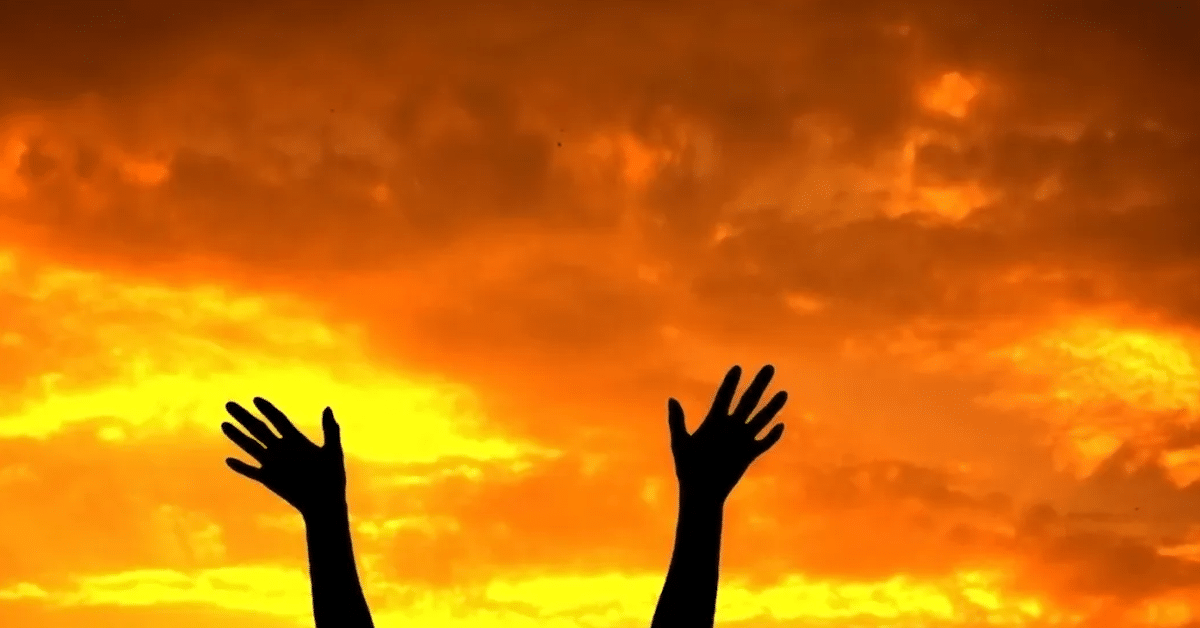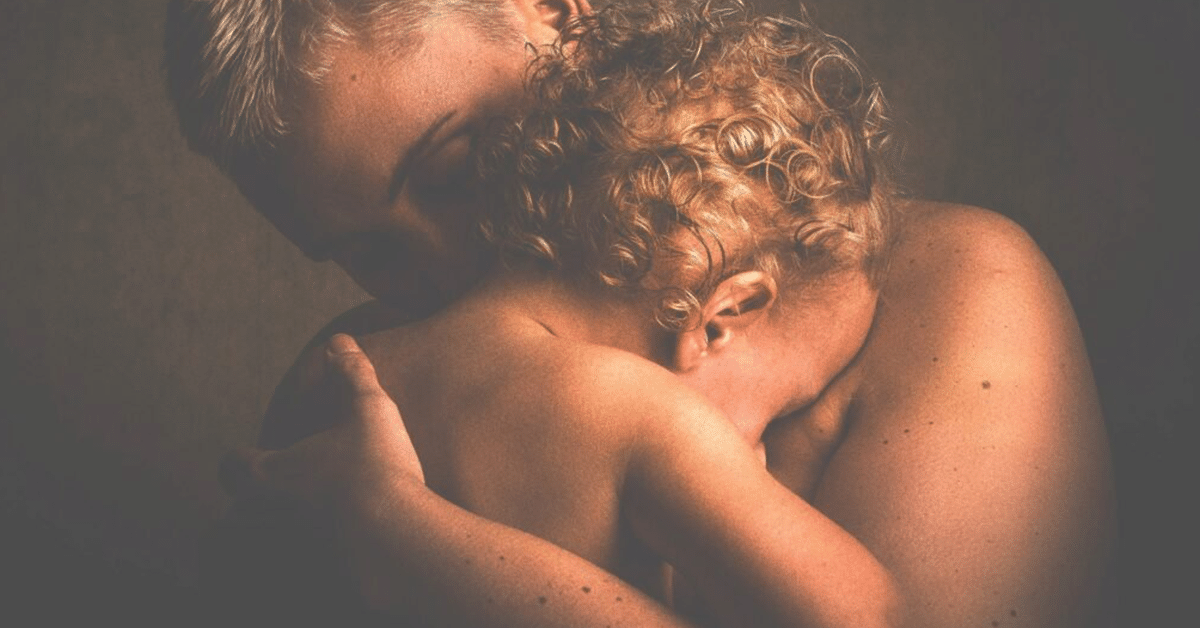Cannabis is making a major comeback! Well, let’s just say it’s reappearing in the mainstream again after over 100 years of being misunderstood, and unnecessarily outlawed. So, what about cannabis and those in substance use recovery? Is it okay to use cannabis if you’re in recovery from other substances? Will it trigger use of other or additional substances? Will it help with withdraw from substances?
According to a recent training conducted by David Aronson, LCSW on “Medical Marijuana” (cited from his training material, May 2022), there were over 600 cannabis-based medication options prior to 1937. As well, cannabis and cannabis-based medicines were the #1 recommended treatment by a physician prior to the creation of synthetic opiates (Methadone-1937; Vicodin-1984; Oxycontin-1995; Percocet-1999). And I think we all know what happened when they started criminalizing cannabis in the early 1900s prohibition-era and started prescribing opiates!
However, the actual facts we have about cannabis show it’s NOT physically addictive, it’s NOT a gateway drug, it’s NOT a cause for criminal behavior. We also know that cannabis is NOT a panacea, it’s NOT completely safe, it’s NOT “non-habit forming.” Cannabis is less toxic than Alcohol, Robitussin, and Caffeine! (You read that correctly!). Not All-Good, and not All-Bad. (More good than bad, perhaps).
There are both positives, and a few negatives, when it comes to cannabis use, however it is much safer than just about any other substance we currently have, naturally and synthetically, available to us. With increasing legalization across the country, cannabis’s comeback is likely here to stay. Inevitably, this has been a topic for discussion amongst the recovery community and often comes up with substance use disorder clients in psychotherapy treatment. Can they use cannabis while in recovery?
Well, there is not a one-size fits all answer here, so I’ll provide some perspective and some questions to ask your clients in recovery if they are, want to, or disclose to you as their provider that they are in fact using cannabis. I always start with the why. Why do they want to, or are they already using, cannabis, despite desire or effort to be substance-free? I also believe honesty is the best policy, and it’s important to be open and clear with your clients about some of the effectiveness of cannabis in harm-reduction techniques for managing substance addiction, as well as, some of the risks. Encouraging an open atmosphere for the client to be honest with you about not only the fact they are using cannabis, but their motivations for doing so. We’re never going to get anywhere in the field of addiction and recovery, and how cannabis may be able to play a pivotal part, if we can’t offer secure, non-judgmental spaces for clients to be transparent about their cannabis use.
Some questions to be asking clients in recovery who want to explore using cannabis:
- Are they currently using any other substances? Including alcohol? Which ones and how much?
- If they are, discussing and determining if cannabis is an option to manage withdrawal (under medical advisement and monitoring) from those substances? Or for harm-reduction?
- If they are not using any substances, what is the motivation for wanting to start using? Manage negative emotions? To escape life? Or more appropriately, to manage pain? A chronic medical condition? Sleep problems?
- When do they plan to use and how? Smoking/Inhalation? Tincture/Sublingual? Edible? Salve or cream? (If you are unfamiliar with the different ways to ingest, it’s important you as the provider become knowledgeable about cannabis in all forms to provide proper psychoeducation and monitoring).
- What is influencing this behavior or choice for client? As well as, what are the underlying behaviors, symptoms or issues arising from their substance addiction to begin with, and are any of those behaviors the driver for current cannabis use?
- How will they be held accountable in their recovery from another substance addiction while using cannabis? Support group meetings? Sponsor? Medical Providers? Friends? How will they will be held accountable with their cannabis use?
- How will they recognize if or when problems start to occur from the cannabis use? (This could be at work, within interpersonal relationships, school performance, household chores/responsibilities, finances).
- If their cannabis use causes problems in their life or functioning, what are they willing to do to address those problems and/or their use?
As a society, and more importantly, as a profession, mental health and substance addiction treatment providers need to get familiar and get comfortable with the use of medicinal cannabis, as I believe it’s here now, and likely not going anywhere. After all, it has been used (medicinally AND recreationally) without report of a single death as a result of toxicity for thousands of years.
Keep Reading
Want more? Here are some other blog posts you might be interested in.








